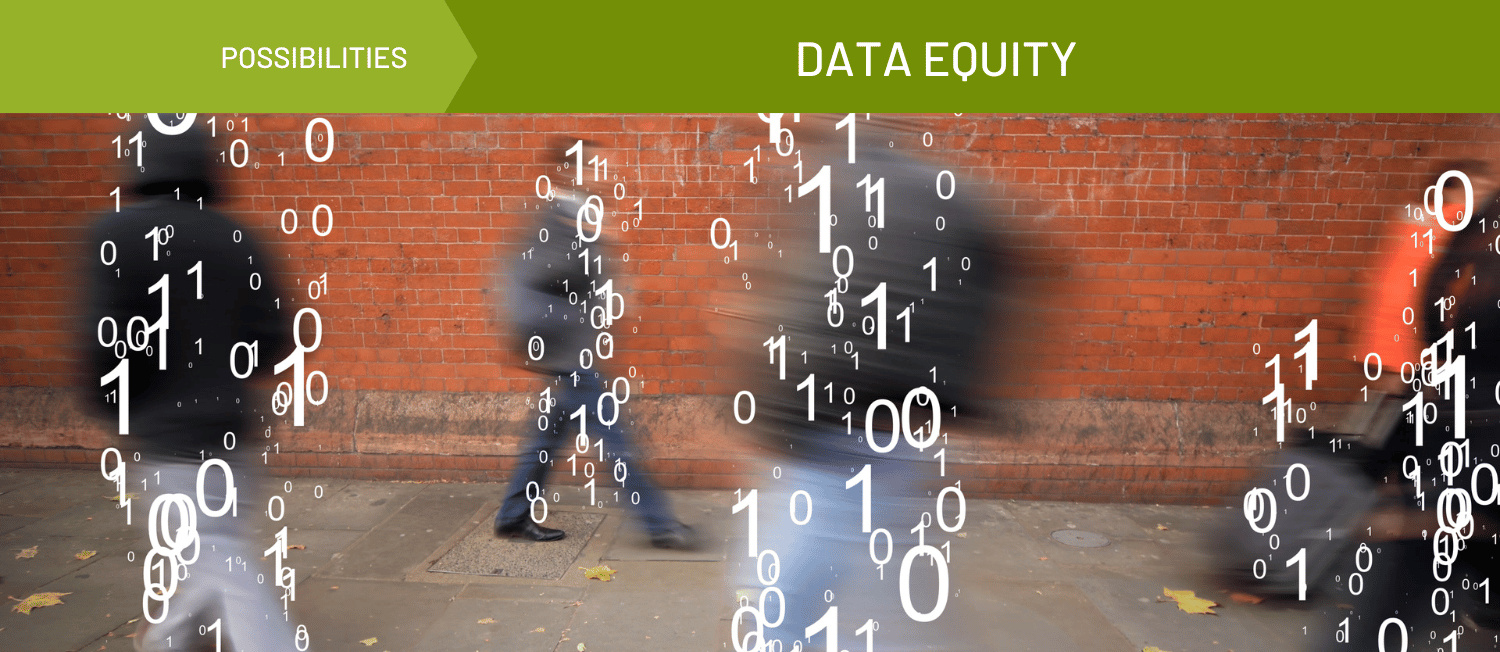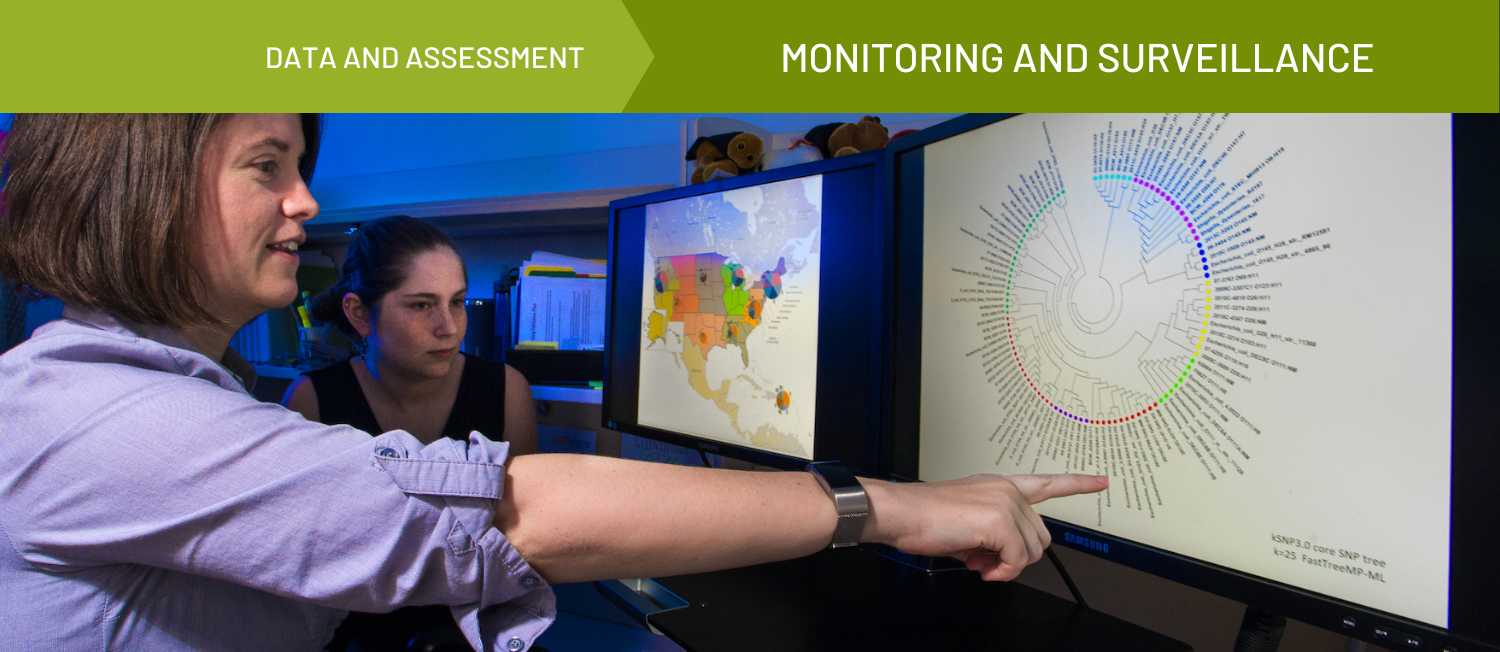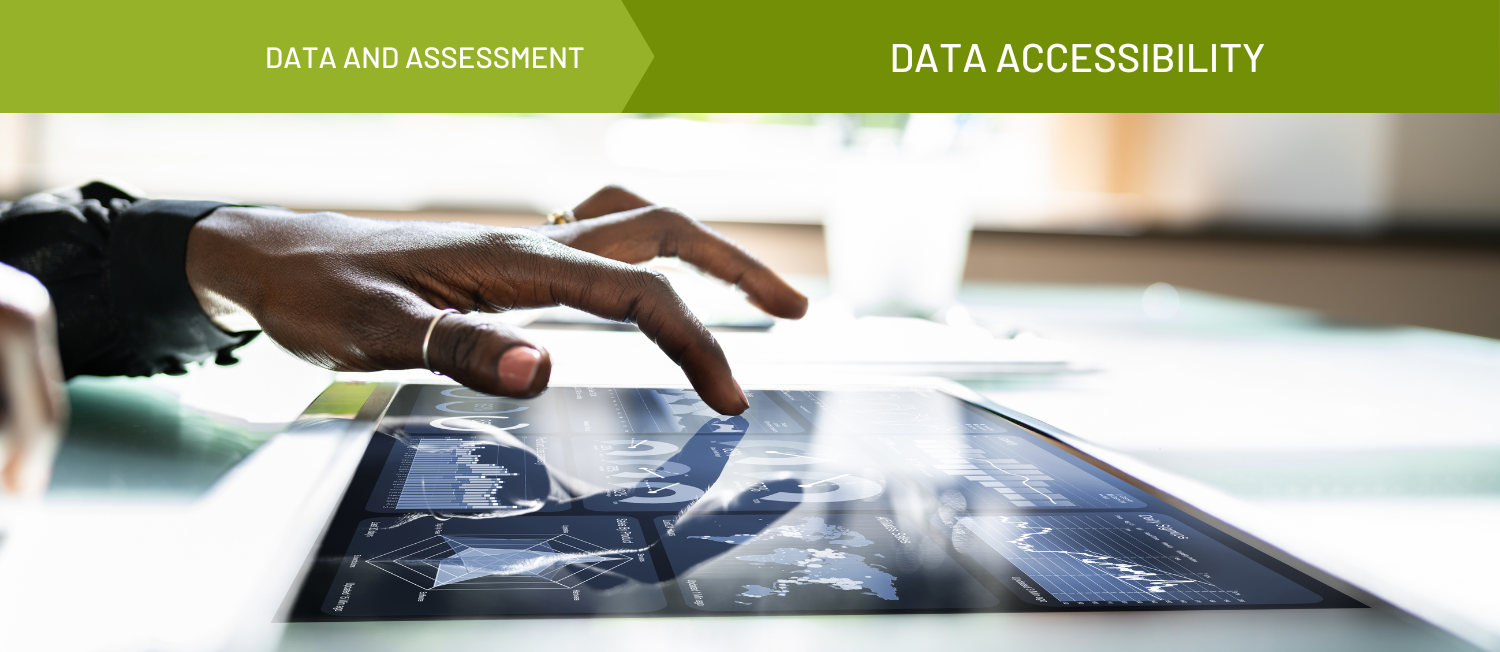Data Sharing
Data sharing is the act of making data available to people, organizations, stakeholders, and/or other partners. Data sharing is an established best-practice that is in line with the Open Data movement, which aims to make public data free and available to the public. Sharing data among stakeholders, organizations, and community members enables better understanding of complex issues and can inform collaborative decision-making. In the context of community health, data sharing can lead to better health outcomes by identifying areas of need, developing targeted interventions, and monitoring progress over time. Data sharing promotes collaboration, transparency, and accountability that help us work better together and build trust needed for long-term, sustainable change.
The HIV/AIDS epidemic in the 1980s and 90s set the stage for increased collaboration and data sharing among researchers and healthcare providers, as well as greater awareness of the importance of data sharing for public health. The epidemic led to the establishment of research networks, electronic medical records, national surveillance systems, and data sharing policies to improve collaboration and data sharing among researchers and healthcare providers. These innovations and technological developments have had a lasting impact on the field of HIV/AIDS research and healthcare and have led to a proliferation of online communities and collaborative platforms, as well as web-based tools for data analysis and visualization. The proliferation of online communities and data infrastructure has, in turn, prompted demands for open data and software to promote transparency in research and data use.
Technical infrastructure: The ability to share data is dependent on technical infrastructure, such as reliable networks and storage systems, data formats, and data management software. In some cases, technical limitations may make it difficult or impossible to share data.
Legal and regulatory frameworks: Data protection laws may limit the types of data that can be shared, or require that certain safeguards be put in place to protect individuals' privacy. Intellectual property laws may also impact data sharing, as researchers may be reluctant to share data that could potentially be used by others to develop new products or services without compensation.
Cultural and social norms: Some communities may place a high value on privacy and be reluctant to share personal data, while others may be more willing to share data for the common good.
Economic factors: Researchers may be reluctant to share data if they believe that doing so could undermine their ability to secure funding or publish papers. In some cases, data may be considered a valuable commodity, and researchers or institutions may seek to monetize it.
Political factors: Government policies may encourage or discourage data sharing, depending on the perceived benefits and risks.
Through data sharing, we can cultivate a culture of shared stewardship and community ownership of data. With respect to its role in coalescing and growing collaborations and partnerships and promoting transparency, accountability, and democracy, data sharing is a multi-solving strategy for improving belonging and civic muscle, and other vital community conditions. Data sharing gives us the information we need to power movements that transform our systems for health and well-being.
By working together, we can promote more effective and equitable systems that better serve individuals and communities. Local communities and changemakers can advocate for data sharing and encourage data sharing by providing funding, resources, and support for data-sharing efforts. Additionally, they can promote data literacy by providing training and resources that help people understand how to access and use data in ways that are meaningful and relevant to their lives.
Resources & Tools
Integrated Care for People with Disabilities: Lessons from an Accountable Care Organization
Story - Written
Brought to you by DASH
Impact of Digital Surge During Covid-19 Pandemic: A Viewpoint on Research and Practice
Resource - Journal Article
Interactive Summary Health Statistics for Children
Resource - Data Bank/repository
Brought to you by CDC National Center for Health Statistics
A Scoping Review of Virtual Focus Group Methods Used in Rehabilitation Sciences
Resource - Journal Article
Interactive Summary Health Statistics for Adults
Resource - Data Bank/repository
Brought to you by CDC National Center for Health Statistics
Principles for Using Public Health Data To Drive Equity
Resource - Report
Brought to you by CDC Foundation
Resources for Social Determinants of Health Indicators
Resource - Guide/handbook
Brought to you by NACCHO
Social Determinants of Health Information Exchange Toolkit
Resource
Brought to you by U.S. Department of Health and Human Services
In Common Newsletter: Centering and Celebrating Culture in Public Health
Resource
Brought to you by Community Commons
National Minority Health Month: Understanding Culture, Community, and Connections to Advance Health Equity
Resource - Blog
Brought to you by CDC
The Community Schools Initiative
Resource - Fact Sheet
Brought to you by American Institutes for Research in the Behavioral Sciences
How Collecting and Reporting More Detailed Data Can Advance Health Equity for Native Hawaiian, Pacific Islander, and Asian American Communities
Resource - Blog
Brought to you by CDC
Connect SoCal (SB 375)
Resource - Fact Sheet
Brought to you by American Institutes for Research in the Behavioral Sciences
NCAI Policy Research Center: Data Disaggregation
Resource - Website/webpage
Brought to you by National Congress of American Indians
How Community-Based Organizations Use Data to Advance Racial Equity
Resource - Blog
Brought to you by Urban Institute
Data Set Directory of Social Determinants of Health at the Local Level
Resource
Brought to you by CDC
Data Democratization: The Unsung Hero of Health Equity
Resource - Blog
Brought to you by Health Leads
Do No Harm Guide: Crafting Equitable Data Narratives
Resource - Guide/handbook
Brought to you by Urban Institute
Interactive Summary Health Statistics for Adults, by Detailed Race and Ethnicity
Resource - Data Bank/repository
Brought to you by CDC National Center for Health Statistics
Do No Harm Guide: Additional Perspectives on Data Equity
Resource - Report
Brought to you by Urban Institute
"Data Walk" Is a Key Tool in Results-Based Leadership
Resource - Blog
Brought to you by Annie E. Casey Foundation
Using the Methods of the Public Health Disparities Geocoding Project to Monitor COVID-19 Inequities and Guide Action for Health Justice
Resource - Website/webpage
Brought to you by Harvard University T. H. Chan School of Public Health
Data Sharing Helps Reduce the Number of Homeless Veterans
Resource
Brought to you by The Pew Charitable Trusts
Data Walk - Population Health Innovation Lab
Resource - Website/webpage
Brought to you by Population Health Innovation Lab
Confidentiality Toolkit
Resource - Guide/handbook
Brought to you by Administration for Children and Families
More Than Numbers: A Guide Toward Diversity, Equity, and Inclusion (DEI) in Data Collection
Resource - Guide/handbook
Los Angeles Homeless Initiative
Resource - Fact Sheet
Brought to you by American Institutes for Research in the Behavioral Sciences
A Guide to Conducting Online Focus Groups
Resource - Guide/handbook
Brought to you by Vital Strategies
A Community-Centered Approach to Data Sharing and Policy Change: Lessons for Advancing Health Equity
Resource - Policy Brief
Brought to you by Center for Health Care Strategies
Cincinnati All Children Thrive Learning Network
Resource - Fact Sheet
Brought to you by American Institutes for Research in the Behavioral Sciences
Balancing Access to Health Data and Privacy: A Review of the Issues and Approaches for the Future
Resource - Journal Article
Engagement, Governance, Access, and Protection (EGAP): A Data Governance Framework for Health Data Collected from Black Communities
Resource - Report
Brought to you by Black Health Equity Working Group
Supporting a Community-Led Data Infrastructure To Build Local and Equitable Governance That Advances Policy
Resource
Brought to you by Brookings Institution
Connecting the Dots: A Data Sharing Framework for the Local Public Health System
Resource - Policy Brief
Brought to you by NACCHO
Focus Group Tip Sheet
Resource - Fact Sheet
Brought to you by U.S. Department of Health and Human Services
The Future for Community Use of Data to Advance Equity
Resource - Webinar
Brought to you by Urban Institute
Federal Evidence Agenda on LGBTQI+ Equity
Resource - Report
Brought to you by National Science and Technology Council
Native Data Sovereignty Can Address Data Gaps and Improve Equity
Resource - Blog
Brought to you by Urban Institute
Published on 06/13/2022
Understanding and Using American Community Survey Data: What All Data Users Need to Know
Resource - Guide/handbook
Brought to you by Census Bureau
Do No Harm Guide: Applying Equity Awareness in Data Visualization
Resource - Guide/handbook
Brought to you by Urban Institute
Digital Data Sources and Their Impact on People's Health: A Systematic Review of Systematic Reviews
Resource - Journal Article
Brought to you by Frontiers
Perils and Possibilities: Achieving Best Evidence from Focus Groups in Public Health Research
Resource - Journal Article
Our Favorite Data Sources
Story
-
 Original
Original
Brought to you by Community Commons
Published on 04/08/2024
How Baltimore’s health department is using data to keep seniors from falling
Story
Published on 02/05/2016
Exploratory Measures for Belonging and Civic Muscle
Story
-
 Original
Original
Brought to you by Community Commons
Using Benchmarks to Explore Population Health Data
Story
Brought to you by IP3
Published on 08/23/2022
Understanding and Interpreting Population Health Measures
Story - Written
Brought to you by IP3
Published on 11/15/2022
Foundations for Community Health Data Users
Story
-
 Original
Original
Brought to you by Community Commons
Published on 04/17/2024
Our Favorite Data Sources Part II
Story
-
 Original
Original
Brought to you by Community Commons
Published on 07/09/2024
Data & Metrics
Related Topics






























































































































